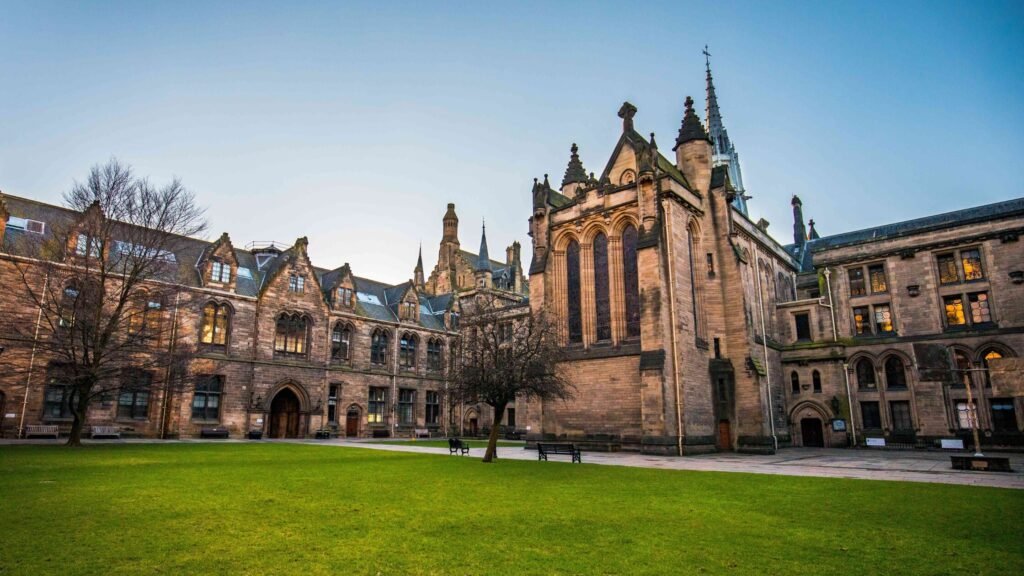The term Ivy League carries with it an aura of prestige, tradition, and academic excellence. These eight private universities in the Northeastern United States are among the most respected higher education institutions in the world. Known not only for their rigorous academics but also for their historic campuses, selective admissions, and strong alumni networks, the Ivy League represents the pinnacle of American higher education. The eight universities that make up the Ivy League are Harvard University, Yale University, Princeton University, Columbia University, Brown University, Dartmouth College, University of Pennsylvania, and Cornell University.
Although today the term is synonymous with academic prestige, the Ivy League actually began as an athletic conference in 1954. Over time, however, its meaning expanded to describe a group of institutions recognized for intellectual leadership, social influence, and global impact.
Historical Background
Most Ivy League universities trace their roots back to the colonial period of American history. Harvard, founded in 1636, is the oldest institution of higher learning in the United States. Yale followed in 1701, Princeton in 1746, and the University of Pennsylvania in 1740. Columbia was established in 1754, Brown in 1764, Dartmouth in 1769, and Cornell in 1865, making it the youngest Ivy. Their long history contributes significantly to their reputation, as these schools have shaped American intellectual, political, and cultural development for centuries.
Throughout history, these universities have educated numerous U.S. presidents, world leaders, Nobel laureates, Supreme Court justices, scientists, entrepreneurs, and writers. Their alumni include figures such as John F. Kennedy, Franklin D. Roosevelt, Barack Obama, Jeff Bezos, and Toni Morrison. This legacy ensures that Ivy League schools remain not only centers of learning but also pipelines to positions of power and influence.
Academic Excellence
The Ivy League is renowned for its academic rigor. Faculty members are leaders in their fields, often contributing groundbreaking research that influences global knowledge and policy. For example, Harvard’s business and law schools are internationally recognized, Yale is known for its law school and drama programs, Princeton for mathematics and public policy, and Cornell for engineering and agriculture.
Class sizes tend to be small, fostering close interaction between students and professors. This personalized approach, coupled with abundant resources, provides students with unique opportunities to engage in cutting-edge research, internships, and global learning experiences.
Another key strength is the breadth of disciplines offered. From humanities and social sciences to engineering, medicine, and the arts, Ivy League institutions emphasize both liberal arts education and professional training. Students are encouraged to think critically, challenge assumptions, and develop leadership skills.
Admissions Selectivity
Perhaps one of the most defining features of Ivy League universities is their extremely selective admissions process. Acceptance rates often fall below 10%, with Harvard, Princeton, and Columbia admitting fewer than 5% of applicants in recent years.
Admissions committees look beyond grades and standardized test scores. They seek students with exceptional intellectual curiosity, leadership potential, creativity, and community engagement. Extracurricular achievements, essays, and recommendation letters play a critical role. As a result, gaining admission requires more than just academic excellence—it demands a holistic profile that reflects passion, resilience, and ambition.
This exclusivity adds to the Ivy League’s prestige. Students who are admitted often represent the most talented individuals from around the world, making these campuses vibrant with diversity and ambition.
Campus Life and Culture
Ivy League campuses are famous for their historic architecture, lush green spaces, and vibrant student life. They blend tradition with modernity, featuring libraries that house rare manuscripts alongside state-of-the-art laboratories and digital learning centers.
Student life extends beyond the classroom. There are thousands of clubs, organizations, and athletic teams that foster community and leadership. Ivy League schools have a rich tradition of debating societies, performing arts groups, and sports rivalries—most famously the Harvard-Yale football game, which has been played since 1875.
Cultural diversity is another hallmark. Students hail from across the United States and more than 100 countries worldwide, making campuses cosmopolitan hubs where global perspectives are exchanged daily.
Financial Aid and Accessibility
Although Ivy League universities are among the most expensive in terms of tuition, they are also leaders in providing generous financial aid. Many schools follow a need-blind admissions policy, meaning they admit students without considering their ability to pay. Once admitted, students receive aid packages that ensure affordability, often covering tuition, housing, and other expenses for low- and middle-income families.
This commitment to accessibility allows talented students from all backgrounds to pursue world-class education without being burdened by overwhelming debt. Harvard, for instance, has pledged that families earning below a certain income threshold pay nothing for their child’s education.
Global Influence and Alumni Networks
The impact of Ivy League universities extends far beyond their campuses. Their research shapes global policies in areas such as healthcare, climate change, technology, and economics. Faculty members often serve as advisors to governments, while alumni occupy leadership roles in multinational corporations, nonprofits, and international organizations.
Another powerful asset is the alumni network. Graduates of Ivy League institutions enjoy lifelong access to exclusive professional and social networks that open doors to opportunities worldwide. These networks are not only career-enhancing but also foster a sense of shared identity and loyalty among alumni.
Criticism and Challenges
Despite their reputation, Ivy League universities face criticism. Some argue that their admissions practices perpetuate elitism, favoring legacy applicants and students from wealthy backgrounds. Others criticize the immense pressure and competitiveness that can take a toll on students’ mental health.
Additionally, debates continue about the relevance of standardized testing, diversity, and inclusivity. In recent years, Ivy League institutions have taken steps to address these issues, implementing test-optional policies, expanding outreach programs, and prioritizing mental health resources.
Conclusion
The Ivy League represents far more than a collection of prestigious universities—it symbolizes a tradition of excellence, leadership, and global impact. These institutions have shaped history and continue to influence the future through their teaching, research, and alumni achievements.
For students, gaining admission to an Ivy League university is not merely about prestige but about joining a community committed to knowledge, innovation, and service. While challenges remain, the Ivy League continues to stand as a beacon of higher education, attracting the brightest minds and preparing them to lead in an ever-changing world.


